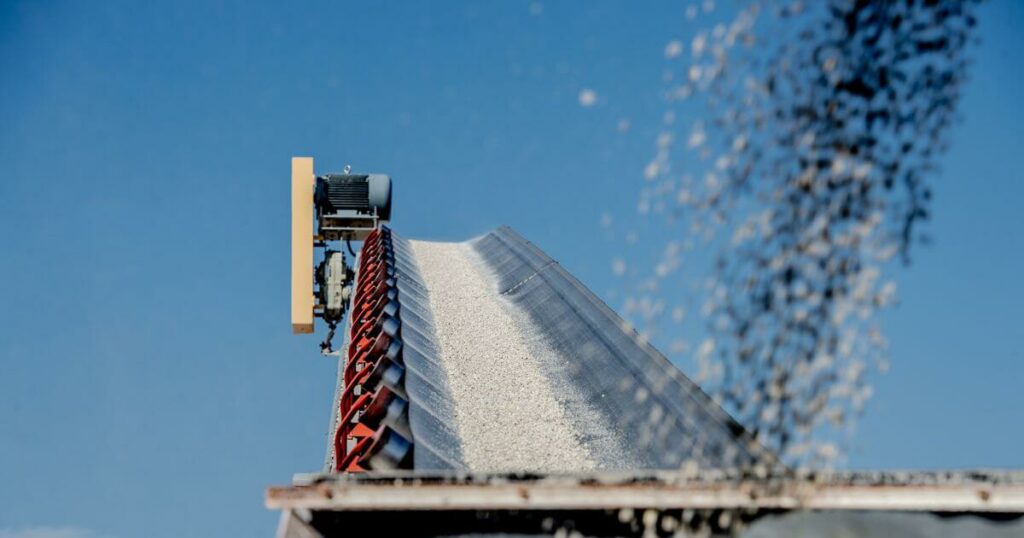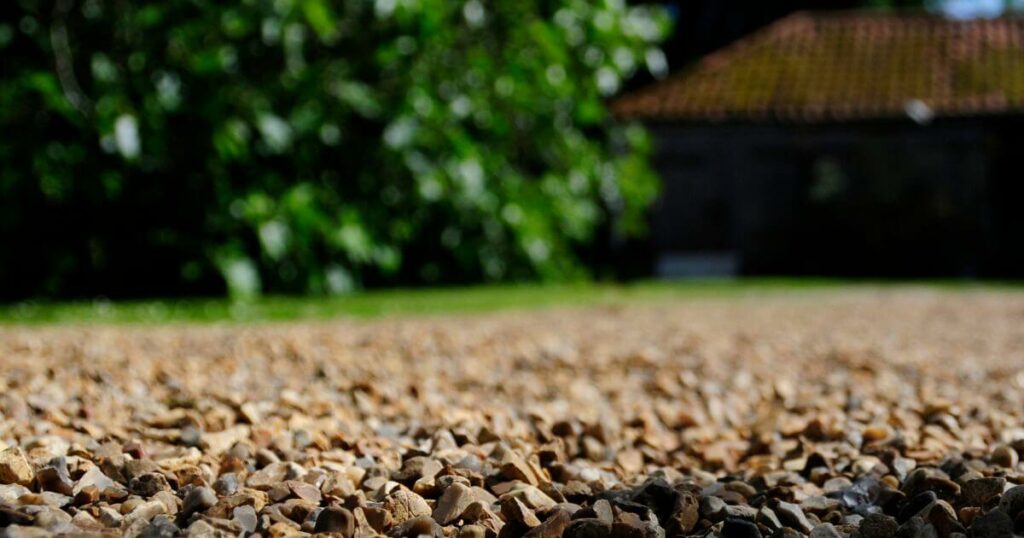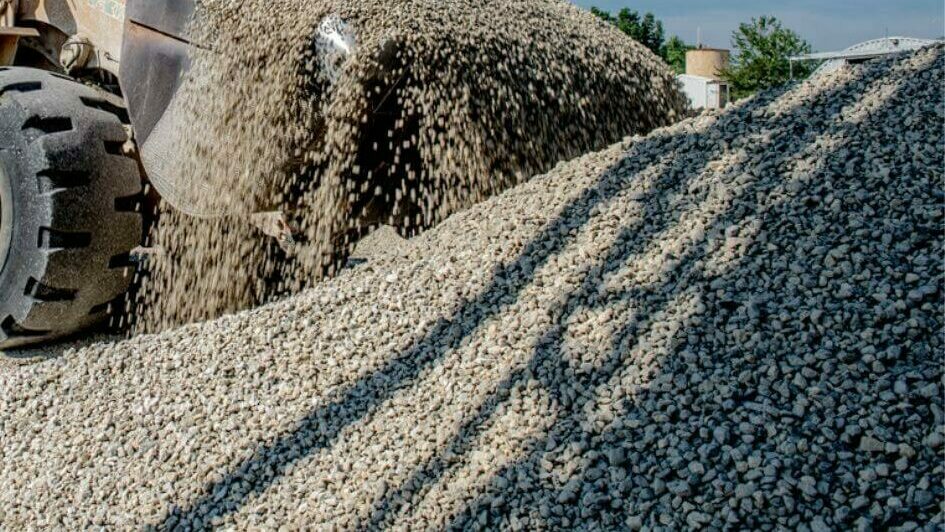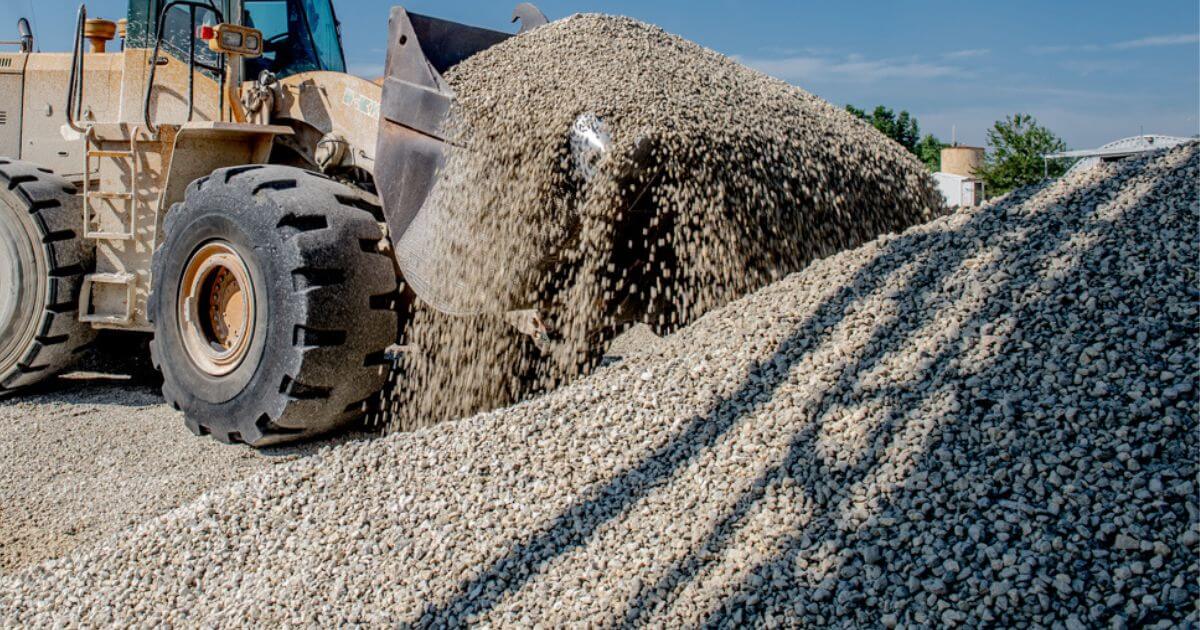Gravel driveways have been gaining popularity among homeowners due to their affordability, versatility, and aesthetic appeal. If you’re considering upgrading your driveway, a gravel driveway might be the perfect solution for you. In this comprehensive guide, we’ll explore the benefits of gravel driveways, the various types of gravel available, and the step-by-step process of installing and maintaining a gravel driveway. For high-quality gravel supplies, consider Cornerstone Crushing, a leading provider in the gravel industry.
Benefits of Gravel Driveways
Cost-effective Solution
One of the most significant advantages of gravel driveways is their affordability. Compared to other driveway materials like concrete or asphalt, gravel is a much more cost-effective option. The lower installation and maintenance costs make gravel an attractive choice for homeowners on a budget.
Versatile and Customizable
Gravel driveways offer a high degree of versatility and customization options. With a wide range of gravel colors, sizes, and types available, you can easily create a driveway that complements your home’s style and landscape. Whether you prefer a classic, rustic look or a more modern, sleek appearance, gravel can be tailored to suit your preferences.
Excellent Drainage
The permeable nature of gravel allows for excellent drainage, preventing water from pooling on your driveway’s surface. This feature is particularly beneficial in areas with heavy rainfall or poor soil drainage. By allowing water to pass through the gravel and into the ground, a gravel driveway can help prevent erosion and improve overall drainage on your property.
Easy to Install and Maintain
Installing a gravel driveway is a relatively simple process compared to other driveway materials. With proper planning and preparation, a gravel driveway can be installed quickly and efficiently, often without the need for professional help. Additionally, gravel driveways are low-maintenance, requiring only occasional raking, filling in potholes, and weed control to keep them looking their best.

Types of Gravel for Driveways
Crushed Stone
Crushed stone is a popular choice for driveways due to its durability and stability. This type of gravel is created by mechanically crushing larger rocks into smaller, angular pieces. The angular shape of crushed stone allows the pieces to interlock, creating a stable surface that can withstand heavy traffic and weather conditions. Crushed stone is available in various sizes, ranging from fine screenings to larger, chunky pieces.
Pea Gravel
Pea gravel is a small, rounded gravel that is known for its aesthetic appeal. The smooth, pebble-like appearance of pea gravel can add a decorative touch to your driveway, creating a welcoming entrance to your home. However, due to its small size and smooth texture, pea gravel can be more prone to shifting and spreading under vehicle tires. To minimize this issue, pea gravel is often used as a top layer over a more stable base material, such as crushed stone.
River Rock
River rock is a type of gravel that has been smoothed and rounded by the action of water in rivers and streams. This gravel type is known for its natural, organic appearance and can add a rustic charm to your driveway. River rock is available in a range of sizes and colors, allowing for creative designs and patterns. However, like pea gravel, river rock can be prone to shifting and may require edging or borders to keep it in place.
Marble Chips
Marble chips are a unique and elegant option for gravel driveways. These small, angular pieces of marble offer a luxurious and sophisticated look, with their bright, reflective surfaces. Marble chips are available in various colors, ranging from classic white to shades of gray, blue, and pink. While marble chips can add a touch of glamor to your driveway, they are also more expensive than other gravel options and may require more frequent maintenance to keep them looking their best.
Quarry Process
Quarry process, also known as crusher run, is a type of gravel that consists of a mixture of crushed stone and stone dust. This combination creates a compact, stable surface that is well-suited for driveways. The stone dust helps to fill in the gaps between the larger stone pieces, resulting in a smoother, more even surface. Quarry process is an economical choice for driveways and is known for its durability and low maintenance requirements.
Installing a Gravel Driveway
Planning and Preparation
Before installing a gravel driveway, it’s essential to plan and prepare the site properly. Start by determining the size and layout of your driveway, taking into account any existing landscaping, utilities, or structures. Consider factors such as the amount of traffic your driveway will receive, the climate in your area, and your budget when selecting the type and amount of gravel needed.
Excavation and Base Layers
Once you have a plan in place, begin by excavating the site to a depth of at least 6 inches. This depth allows for proper drainage and stability. After excavation, install a geotextile fabric to prevent weeds from growing through the gravel and to help maintain the integrity of the base layers.
Next, add a layer of coarse gravel to a depth of 4 inches. This base layer provides a solid foundation for your driveway and helps with drainage. Compact the base layer using a plate compactor or roller to ensure stability.
Applying the Gravel
With the base layer in place, it’s time to apply the gravel of your choice. Spread the gravel evenly over the base layer, creating a depth of 2-3 inches. Use a rake to distribute the gravel and create a smooth, even surface.
For the best results, apply the gravel in two layers, compacting each layer separately. This process helps to ensure a stable and durable surface that can withstand heavy traffic and weather conditions.
Edging and Finishing Touches
To keep your gravel driveway looking neat and tidy, consider installing edging along the borders. Edging options include plastic, metal, or concrete borders, as well as natural materials like rocks or logs. Edging helps to contain the gravel and prevent it from spreading into surrounding areas.
After installing the edging, give your driveway a final rake and compaction. Ensure that the surface is even and that there are no low spots where water can collect. If desired, you can apply a final layer of decorative gravel, such as pea gravel or marble chips, to add a finishing touch to your driveway.
Maintaining a Gravel Driveway

Regular Maintenance Tasks
To keep your gravel driveway in top condition, regular maintenance is essential. Some key maintenance tasks include:
- Raking: Regularly rake your driveway to keep the gravel evenly distributed and to prevent the formation of ruts or low spots.
- Filling potholes: Address any potholes or depressions as soon as they appear by filling them with additional gravel and compacting the area.
- Weed control: Remove any weeds that may grow through the gravel to maintain a neat appearance and prevent damage to the driveway’s surface.
Seasonal Maintenance
In addition to regular maintenance tasks, it’s essential to consider seasonal maintenance for your gravel driveway. During the winter months, snow and ice can accumulate on the surface, making it difficult to navigate. To manage snow and ice, consider using a snow blower or plow to clear the driveway, being careful not to remove too much gravel in the process.
In the spring and summer, heavy rains can cause erosion and wash away some of the gravel. After significant rainfall events, inspect your driveway for any damage and make necessary repairs.
Refreshing and Resurfacing
Over time, your gravel driveway may begin to show signs of wear and tear, such as thinning areas or a loss of color. To refresh your driveway, consider adding a new layer of gravel every few years. This process involves spreading a thin layer of new gravel over the existing surface and compacting it to create a fresh, even appearance.
For more significant damage or wear, resurfacing may be necessary. Resurfacing involves removing the top layer of gravel, grading the surface to ensure proper drainage, and then applying a new layer of gravel. This process can help to restore your driveway to its original condition and extend its lifespan.
Frequently Asked Questions (FAQ)
- How much does a gravel driveway cost compared to other materials? Gravel driveways are generally less expensive than concrete or asphalt driveways. The exact cost will depend on factors such as the size of your driveway, the type of gravel used, and any necessary excavation or preparation work.
- What is the lifespan of a gravel driveway? With proper installation and maintenance, a gravel driveway can last for 10-20 years or more. Regular upkeep, such as filling potholes and refreshing the gravel, can help to extend the lifespan of your driveway.
- Can I install a gravel driveway on my own, or do I need professional help? Installing a gravel driveway can be a DIY project for those with the necessary skills and equipment. However, for larger projects or more complex installations, it may be beneficial to hire a professional contractor to ensure proper drainage, stability, and longevity.
- How often should I perform maintenance on my gravel driveway? Regular maintenance, such as raking and filling potholes, should be performed as needed to keep your driveway in good condition. More thorough maintenance, such as refreshing or resurfacing the gravel, may be necessary every 3-5 years, depending on the amount of wear and tear your driveway experiences.
- What is the best type of gravel for a driveway in terms of durability and appearance? The best type of gravel for your driveway will depend on your specific needs and preferences. For durability, crushed stone and quarry process are excellent choices, as they create a stable, compact surface. For appearance, options like pea gravel and marble chips can add a decorative touch to your driveway.

Trust Cornerstone Crushing to Guide You to the Perfect Gravel Driveway
A gravel driveway offers numerous benefits for homeowners, including affordability, versatility, and excellent drainage. With a wide range of gravel types available, you can create a driveway that perfectly complements your home’s style and landscape. By following proper installation and maintenance techniques, your gravel driveway can provide years of reliable service and lasting beauty.
If you’re considering a gravel driveway for your home, contact Cornerstone Crushing for expert advice and high-quality materials. Our experienced team can help you select the perfect gravel for your needs and provide guidance on installation and maintenance to ensure your driveway looks and performs its best for years to come.

